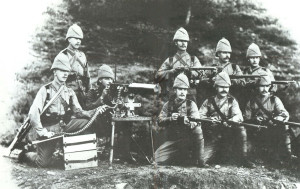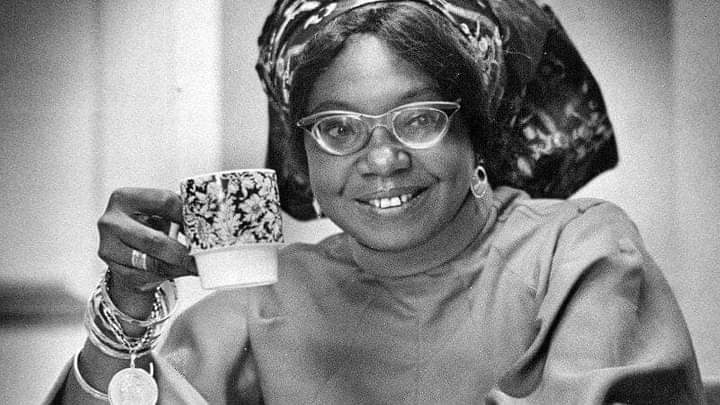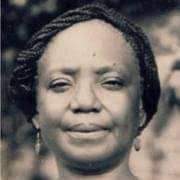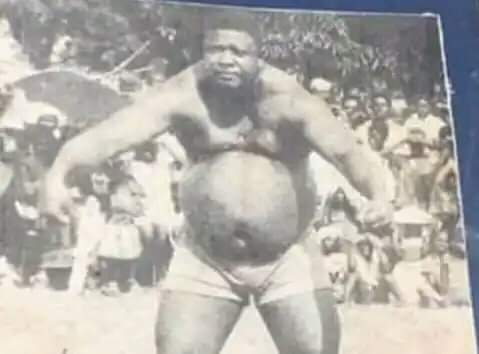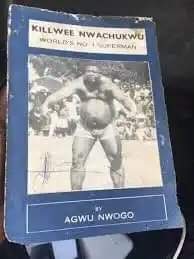
You still remember the book "One Week, One Trouble" (1972) "The Village School" (1966) "The Village Headmaster" (1984) " Flying Tortoise" (2004) "Pariah Earth and Other Stories (1994), etc?
Here with me holding my Igbo books, is the author: Professor Anezi Okoro, in 2017.

Here with me holding my Igbo books, is the author: Professor Anezi Okoro, in 2017.
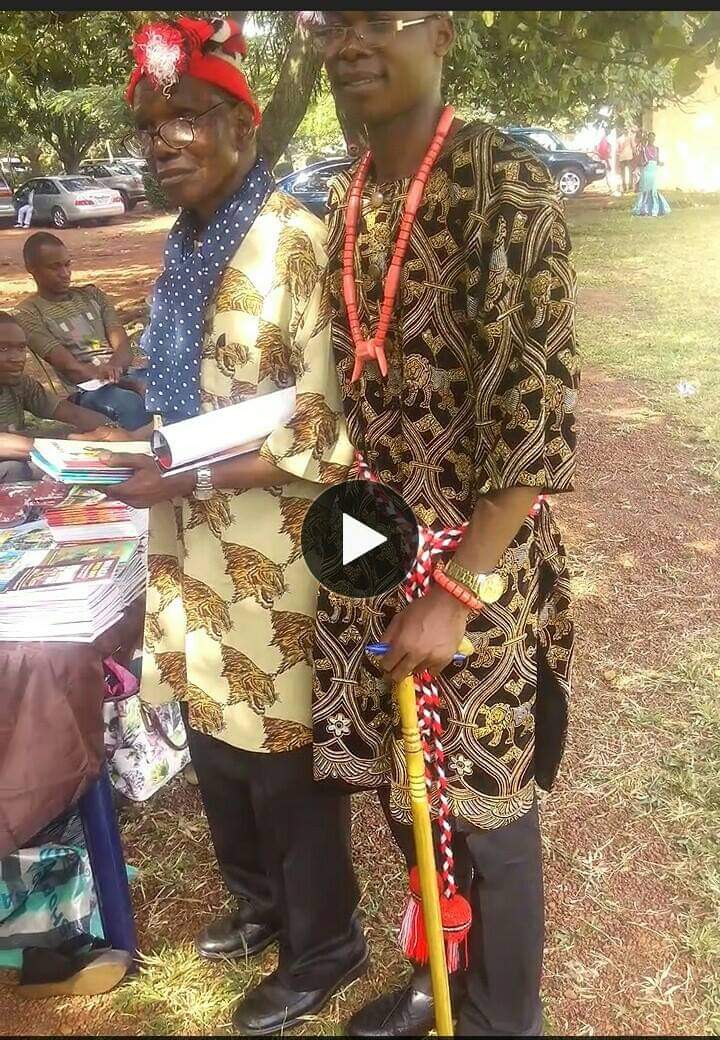
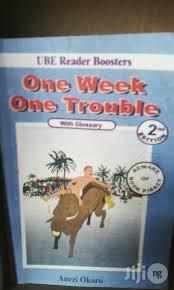
He is an octogenarian and a literary icon with over 14 literary books
Professor Okoro was holding 10 Igbo books written by Okoro Mark Ogbonnaya (Maazị Ogbonnaya). We have the same name in common (Okoro)
He was awestruck and kept looking at me:
Professor Okoro was holding 10 Igbo books written by Okoro Mark Ogbonnaya (Maazị Ogbonnaya). We have the same name in common (Okoro)
He was awestruck and kept looking at me:
"Ogbonna, how many people wrote all these books? Are you telling me you wrote them all...in Igbo? I am glad this generation can do something to help the language."
We had quality discussion. I asked him questions about the popular book: "One Week, One Trouble".
We had quality discussion. I asked him questions about the popular book: "One Week, One Trouble".
I asked how he combined his career as a medical doctor, consultant, Professor of medicine, teaching at the University of Nigeria Teaching Hospital and also writing books.
"Have you read my Igbo book?", he asked
"No. You have book in Igbo?"
"Akụkọ Ụfọdụ Shakespear Kọrọ"
"Have you read my Igbo book?", he asked
"No. You have book in Igbo?"
"Akụkọ Ụfọdụ Shakespear Kọrọ"
He translated Shakespeare books into the Igbo Language.
This man is a great man. I am glad to have met him.
Onye mgbu sega anyị picture gara tinye video🤣🤣🤣.
We met at Ọja Cultural Festival organised by @amarachiattamah in 2017.
This man is a great man. I am glad to have met him.
Onye mgbu sega anyị picture gara tinye video🤣🤣🤣.
We met at Ọja Cultural Festival organised by @amarachiattamah in 2017.
• • •
Missing some Tweet in this thread? You can try to
force a refresh




